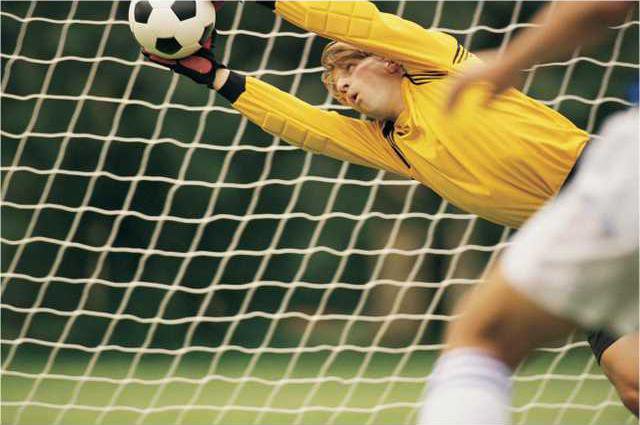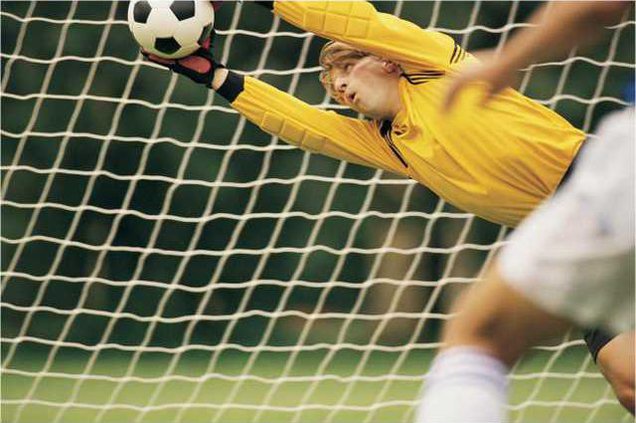![]() How did you watch the United States/Germany game on Thursday?
How did you watch the United States/Germany game on Thursday?
Were you at a fan party in a basketball arena? Did you gather some friends together and watch on a huge flat screen TV? Did you take an early lunch?
It seems that much of working America stopped working during the crucial World Cup game, which the United States lost (but still managed to qualify for the next round).
Maybe it was the coach of the United States men's soccer team, Jurgen Klinsmann, who influenced many to miss work. The former German international player offered the public a note to hand to employers if they were planning to miss work, according to The Independent.
“I understand that this absence may reduce the productivity of your workplace, but I can assure you that it is for an important cause,” the note read.
Thousands apparently took Klinsmann’s advice and skipped work, according to The Associated Press. People gathered together in large fan parties to watch as the United States competed in the rain-washed Recife, Brazil, The AP reported.
"We don't have many moments where you can find a common interest among a big chunk of that population. Sports, and in particular a World Cup-type event with a national team — and tense and dramatic sporting moments — really bring people together," said Matt Rogers, who, along with the Urban Institute, held a party for the institute’s employees, The AP reported.
But for those who did attend work, did they get things done in the office? Forbes writer Susan Adams said that productivity dropped significantly during the game. Adams reported that office conference calls dropped by 7 percent on Thursday and continued to dropped throughout the game’s length.
And the Forbes office wasn’t productive, either.
“At half past noon yesterday, as the U.S. soccer team was battling Germany on a rain-soaked field in Recife, Brazil, I looked out over the fourth floor newsroom at Forbes and saw only three colleagues at their desks,” Adams wrote. “The rest had decamped for a gathering in the Forbes galleries, where most of the office was watching America’s attempt to stay in the tournament.”
Funny enough, Forbes had an article about how the World Cup can actually increase office productivity. Neal Taparia wrote a guest post that suggested that watching the games with your work buddies can improve relationships and networking.
Energy in the office picks up, people gather together, food and snacks come in droves. And everyone is celebrating the World Cup — and the United States.
“We see the World Cup as an opportunity not only to connect with your immediate team, but also with the entire organization,” Taparia wrote.
Still not convinced the World Cup could actually increase productivity? Mashable’s Annie Colbert noted eight different ways that it can make a better office environment.
Not only does it help you bond with co-workers, reduce errors and resolve conflicts, it also can make you into the cool person at work, Colbert wrote.
“You've tried donuts and trust falls, but allowing your employees to watch the match will ultimately make you cool,” Colbert wrote. “Enjoy those few months of cool until the holidays roll around.”
hscribner@deseretdigital.com
Twitter: @herbscribner








